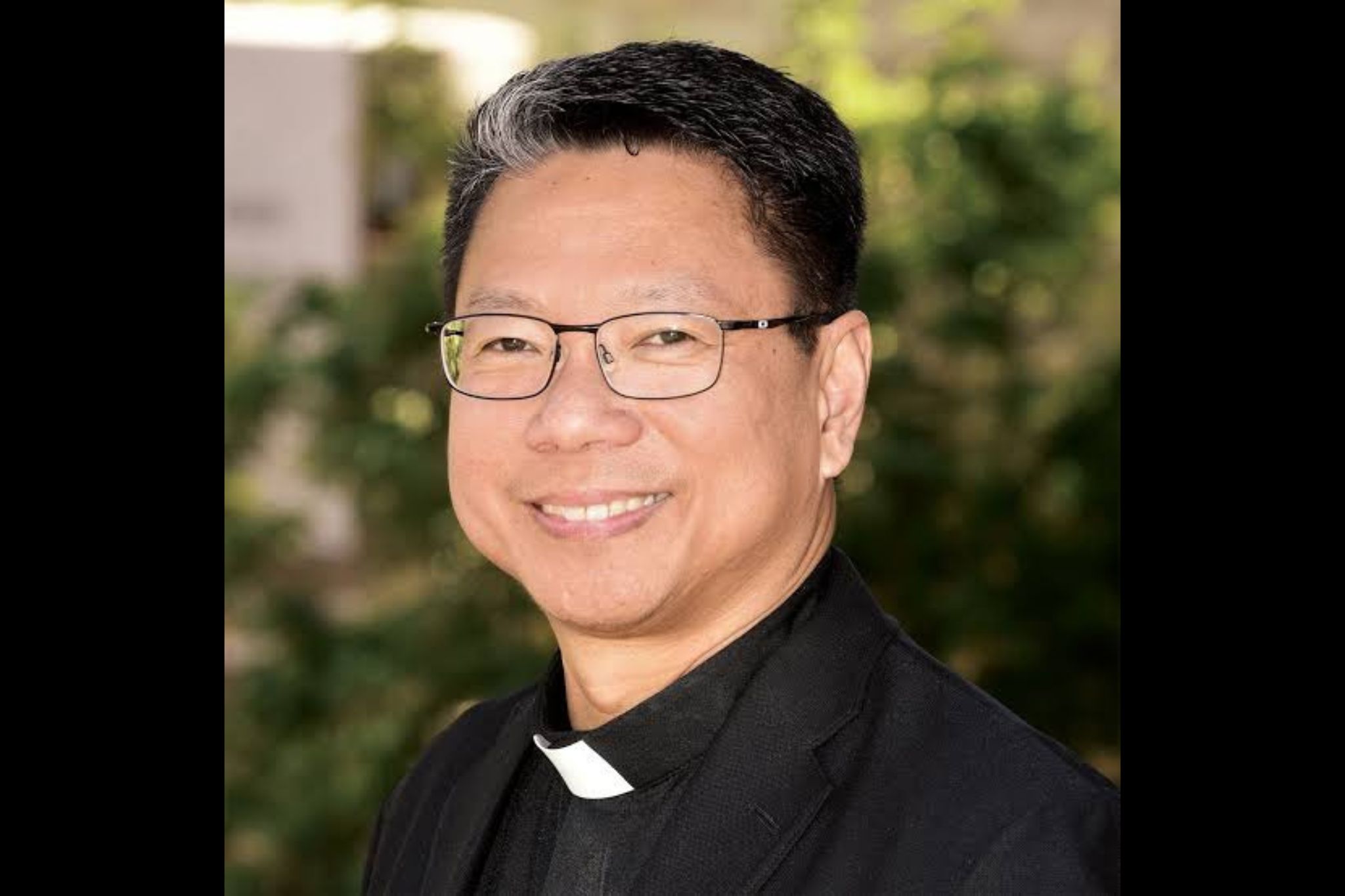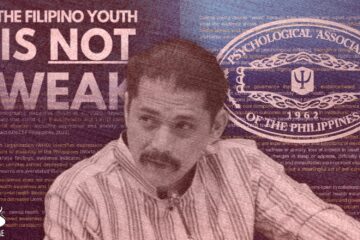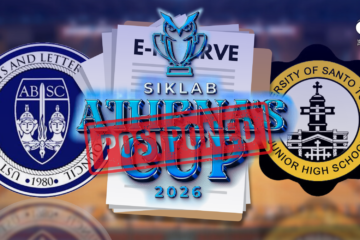
AN ORGANIZATION of private schools has endorsed a Thomasian alumnus and four other individuals for the position of Department of Education (DepEd) secretary following the resignation of Vice President Sara Duterte as the agency’s chief.
Fr. Wilmer Joseph Tria, secretary of the Catholic Educational Association of the Philippines, is among the five candidates recommended by the Coordinating Council of Private Educational Associations of the Philippines (COCOPEA) to become the next DepEd chief.
Tria earned his licentiate degree in Philosophy at the University in 1987.
Aside from Tria, COCOPEA also endorsed Sen. Juan Edgardo Angara, Negros Occidental 3rd district Rep. Jose Francisco Benitez, former DepEd director for curriculum and development Joyce Andaya and DepEd Undersecretary for Curriculum and Teaching Gina Gonong.
In a letter to President Ferdinand Marcos, Jr. dated June 30, COCOPEA expressed belief that each of the individuals it recommended has “extensive experience, remarkable qualifications and necessary skills” to lead the country’s educational landscape.
The next DepEd secretary must possess “exceptional competence, commitment, prudence and moral integrity,” the group added.
COCOPEA chairperson Fr. Albert Delvo said the individuals in the list were selected based on four qualities.
“Number one [is] educational expertise. Secondly, track record on managing and overseeing the [education] department. Thirdly, the capacity and the ability to advance partnership and complementarity with the government sector and the private education sector,” Delvo said in a press conference in Taguig on Monday, July 1.
“[And lastly,] the ability, likewise, the acumen and the determination to address the crisis in education which has caused us miseducation and address the distance between graduates and jobs,” he added.
Philippine Association of Colleges and Universities president Bernard Nicolas Villamor said the incoming secretary should focus on eliminating the “corruption of values” in the education system. He added that there should be an expansion of the “complementarity” between the basic and higher education sectors so Filipino students can get the quality of education they deserve.
“If that is not in the agenda of the secretary, [the next DepEd chief] will not have a firm ground,” Villamor said.
Delvo said the appointment of the new DepEd secretary should not be “hurriedly done” by the President as education is one of the “most important” sectors in the country.
“It should be a careful, deliberate and cautious process to consider all aspects that have been covered by endorsements… So I think on the part of his excellency, [he should take his time] to scrutinize [and] validate the candidates,” he said.
Technological change
During the COCOPEA 9th Biennial National Congress, Philippine Association of Private Schools, Colleges and Universities president Prof. Antonio Del Carmen said educators must integrate technological change in modern teaching to help students persevere in their studies and develop certain skills that industries scout for.
He added that a new curriculum must be designed to produce graduates who could easily adjust from a learning environment to a professional setting while still bringing with them the training they acquired from their courses.
“[W]e need to embrace technology changes. We need to talk about teacher training so that they can also adjust to the new curriculum that is needed by our colleges and universities,” Del Carmen said.
According to him, the curricula of some schools ought to keep up with the evolving demands of the industry sector.
“They’re (industry sector) also having difficulty in finding the right talent for emerging jobs. We seem to have not been able to adapt to the new programs or courses that are needed by [the] industry,” he said.
“We need a level playing field where regulations are more supportive for the presence of our private education system.”
Villamor echoed the view, saying policy governance is also needed to allow the private education sector in the country to thrive in the face of a competitive industry where foreign educational institutions are “incentivized.”
Villamor added that “potential discrimination” may arise against local stakeholders if incentives are granted to foreign-owned universities. He cited Republic Act 11448 or the Transnational Higher Education Act, which allows foreign citizens to constitute up to 80% of the faculty and 40% of the administrative staff in local branches of foreign universities.
“While these foreign educational institutions may be affordable to some Filipino families, the great majority of Filipino learners will not be able to enjoy it,” Villamor said.
The conference was held at the SMX Convention Centre in Taguig City on July 1 with the theme, “Leading Educational Frontiers Together.”
Established in 1961, COCOPEA aims to uphold the interest of the private education sector in the country. F — Christian Querol with reports from John Martin Revilla and Barbra Althea Gavilan



